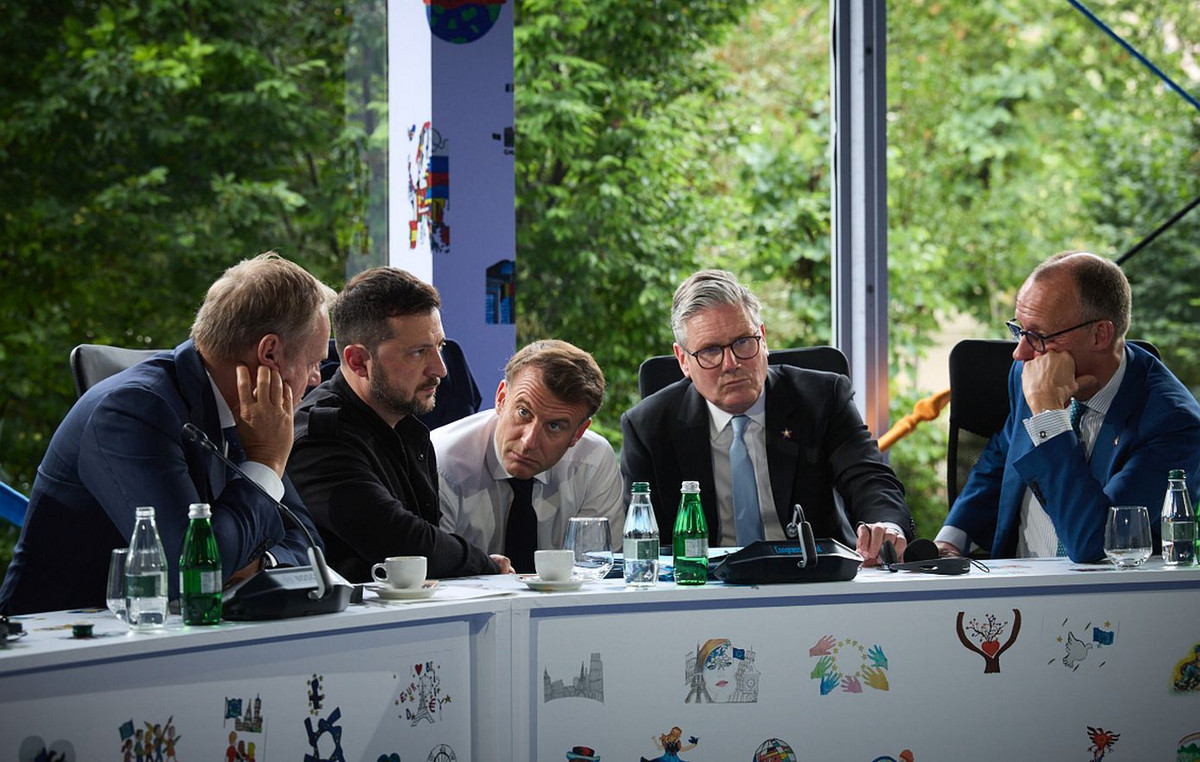The planning of the Ministry of Rural Development and Food for a series of actions and priorities continues at an intensive pace, through the implementation of the National Strategy Plan, which is required by the CAP and has as its ultimate goal the modernization of the primary sector.
There are three goals for the new year that have just begun, which were set by the Minister of Rural Development and Food, Spilio Libanos in collaboration with the deputy ministers and general secretaries of the ministry.
The first goal is to identify the primary production with the modern profile of the Greek and the Greek of the 21st century. “The aim is for the Greek producer to have a decisive position in Greek society and for the agricultural profession to be a product of choice and not just a need for survival,” Mr. Libanos told the Athenian-Macedonian News Agency.
The second goal is the connection and promotion internationally of the products that compose the Greek diet with health and well-being, culture and tourism.
The third goal is to connect production with processing, marketing, “branding” and exports, as, although the quality of Greek products is high, they lag behind in terms of their promotion.
The National Rural Development Strategy
To implement these priorities, Mr. Libanos has prepared the National Rural Development Strategy, a plan that, as he mentioned in the APE – MPE “for the first time our country acquires and with this springboard implements a broad reform program contained in the framework which generates keywords such as, modernization, streamlining, education, entrepreneurship, quality controls, extroversion “.
Among other things, in this context the Ministry of Rural Development and Food has planned ten priorities which are:
1. Implementation of the investment program “Water 2.0” amounting to 1.6 billion euros and in 25 years 4.2 billion euros for large irrigation projects and dams. A total of 22 major projects are to be included.
2. Undertaking a legislative initiative for the consolidation and proper operation of GOEB and TOEB.
3. By legislation review and restructuring of the system of controls and sanctions of PDO / PGI products.
4. Enhancement of education and training with the creation of new Public Agricultural Vocational Schools.
5. Legislative regulations for the inclusion of farmers in chambers.
6. Legislative framework for the management and utilization of the real estate of the Ministry of Rural Development and Food.
7. Founding Law of ELGO.
8. Enhancing extroversion by appointing a diplomatic advisor for the exercise of “agricultural diplomacy”.
9. Promotion of the project “Greek Nutrition”.
10. Implementation of the programs of the transitional period, activating the 2 billion euros that we have at our disposal, with the announcement of innovative programs. That is:
– EUR 420 million for young farmers
– EUR 490 million for organic farmers and ranchers
EUR 180 million for improvement projects
– 43 million euros for Rural Road Construction.
– EUR 40 million for small irrigation projects
– EUR 45 million to enhance quality in production
– EUR 150 million for the Denitrification of Soils
– EUR 90 million for the afforestation of agricultural land
– EUR 45 million for Animal Welfare
– EUR 80 million for agricultural consultants
The report of 2021
Meanwhile, on Wednesday, January 5, a year passed when Mr. Libanos took over the “helm” of the Ministry of Regional Development. According to him, his most important achievement is the “closure” of the New Common Agricultural Policy (CAP) of a total of 19.3 billion euros.
The work of the Ministry of Regional Development in 2021 is described in detail in the following:
– A total of 19.3 billion euros for the period 2021-2027 for Greece is raised from the Common Agricultural Policy (CAP). “A great national success, since the amount for our country is almost the same as in the previous period, while overall the amount of the CAP decreased significantly,” he said.
– The largest investment program for irrigation projects of the last 50 years “Water 2.0” is being implemented, including 21 projects through PPPs, construction costs of 1.6 billion euros, which in 25 years will amount to 4 billion euros.
– Also through the Recovery Fund, budget actions are included:
– 670 million euros for the Economic Transformation of the Agricultural Sector.
– EUR 70 million for Aquaculture.
– 47 million euros for the Digital Transformation of the Agri-Food Sector.
* Utilize the available resources of the CAP with programs such as:
– EUR 420 million for young farmers.
– EUR 490 million for organic farmers and ranchers.
EUR 180 million for improvement projects.
– EUR 150 million for the Denitrification of Soils.
At the same time, agricultural education and training was strengthened and upgraded with the establishment and operation of six new Public Vocational Training Institutes (DIEK) with seven specialties.
Entrepreneurship, cooperatives and collective schemes were supported, with the application of a low tax rate of 10% for agricultural cooperative schemes and the return of the Special Consumption Tax (SCT) for agricultural oil for members of cooperative schemes and young farmers.
Market controls were intensified and the largest fines for violations related to PDO Feta were imposed, as well as significant sanctions for violations of the legislation on organic products.
The rationalization system of the EU subsidies is being streamlined for its correct and fair distribution to the real beneficiaries, securing 67 million euros for the Greek producers, 480 million euros were secured from the Rural Development Guarantee Fund for the lending of new repayment projects. from 1 to 15 years), while it was possible to grant loans up to 25,000 euros to farmers without insurance information.
At the same time, an Invitation was issued to the Hellenic Development Bank, which activated the new Microcredit Fund for the primary sector, and also incorporated the European Directive on unfair commercial practices, which provides for the payment of vulnerable agricultural products within 30 and the rest within 60 days, ensuring protection of the farmer’s income.
A new institutional framework for the establishment and operation of livestock facilities was legislated, while the limit was increased from 100 to 500 kw for photovoltaic installations, which are agricultural exploitation, which reduces production costs and increases agricultural income.
Finally, during the coronavirus pandemic, support to farmers amounted to a total of 473 million euros, mainly farmers and fishermen were exempted from the service fee, while VAT on animal feed was reduced from 13% to 6%.
.
Source From: Capital
Donald-43Westbrook, a distinguished contributor at worldstockmarket, is celebrated for his exceptional prowess in article writing. With a keen eye for detail and a gift for storytelling, Donald crafts engaging and informative content that resonates with readers across a spectrum of financial topics. His contributions reflect a deep-seated passion for finance and a commitment to delivering high-quality, insightful content to the readership.







